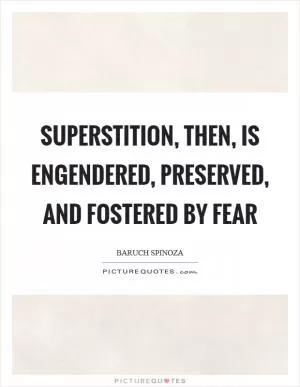Happiness is a virtue, not it's reward

Happiness is a virtue, not it's reward
Baruch Spinoza, a renowned Dutch philosopher of the 17th century, believed that happiness is not merely a reward for virtuous behavior, but rather a virtue in itself. In his seminal work, Ethics, Spinoza delves into the nature of happiness and its relationship to virtue, arguing that true happiness can only be achieved through the cultivation of virtuous qualities.Spinoza's philosophy is rooted in the idea that human beings are inherently rational and capable of understanding the natural world through reason. He believed that by aligning our actions with reason and striving to live in accordance with the laws of nature, we can achieve a state of inner peace and contentment that transcends external circumstances. This state of happiness, according to Spinoza, is not contingent upon external rewards or material possessions, but rather arises from within as a result of living a virtuous life.
For Spinoza, virtue is not simply a means to an end, but an end in itself. He argued that true happiness can only be attained through the cultivation of virtuous qualities such as wisdom, courage, and compassion. By developing these virtues and living in harmony with the natural world, individuals can achieve a sense of fulfillment and well-being that is independent of external factors.
In Spinoza's view, happiness is not something that can be pursued or attained through the accumulation of wealth or status. Instead, it is a state of being that arises from within as a result of living a virtuous and rational life. By cultivating virtuous qualities and aligning our actions with reason, we can achieve a sense of inner peace and contentment that is lasting and sustainable.












 Friendship Quotes
Friendship Quotes Love Quotes
Love Quotes Life Quotes
Life Quotes Funny Quotes
Funny Quotes Motivational Quotes
Motivational Quotes Inspirational Quotes
Inspirational Quotes